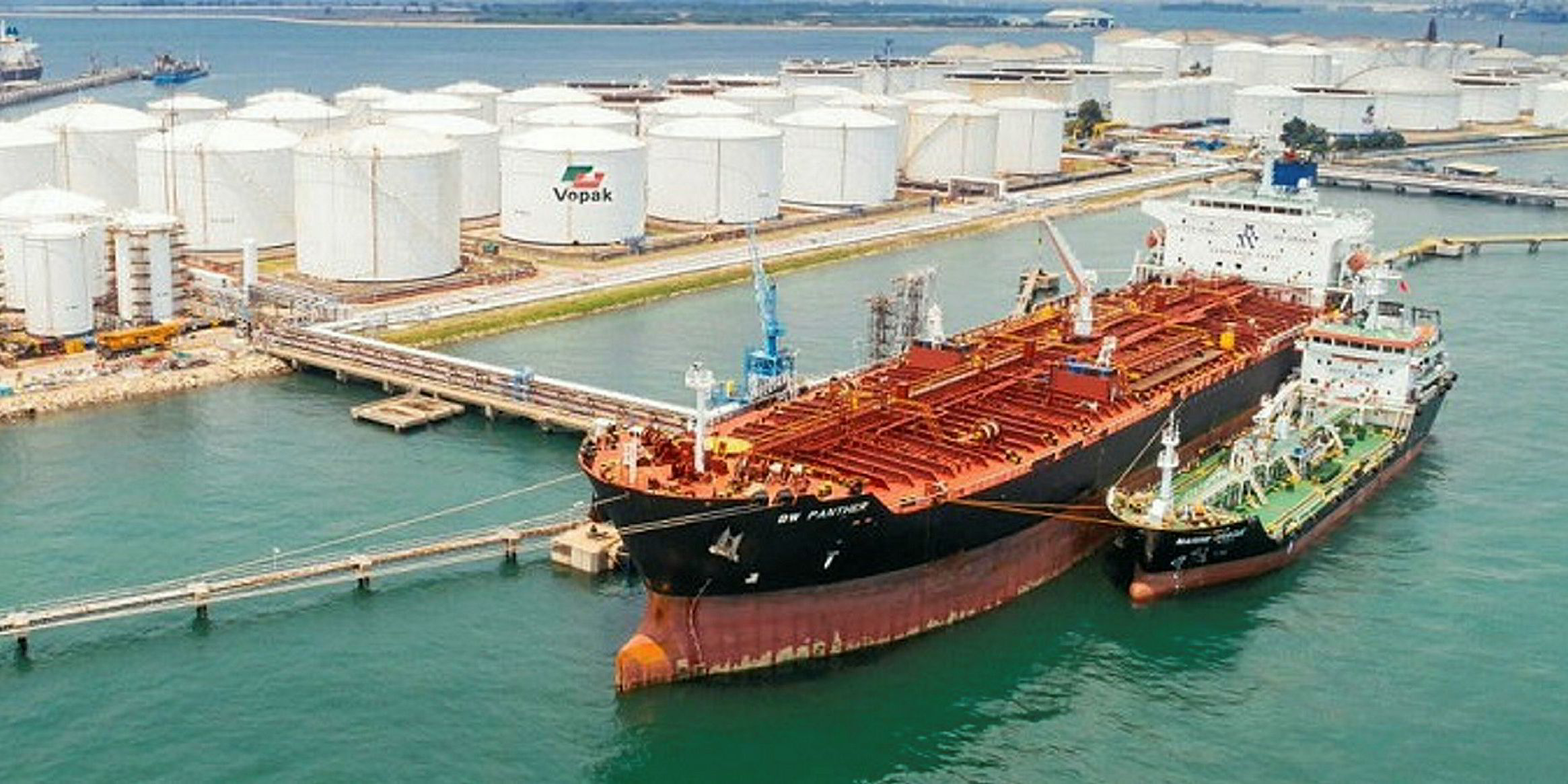Global bunker fuel costs could rise by up to $60bn annually from 2020 when the IMO’s sulphur cap for bunker fuels kicks in, says Wood Mackenzie
With the implementation of the IMO regulation in 2020, shipowners will have to consider a switch to alternative fuels, such as ultra low sulphur fuel oil (ULSFO) or marine gas oil (MGO), or install scrubbers, says the UK-based consultancy.
“Installing scrubbers may be an economically attractive option,” said Iain Mowat, senior research analyst, Europe, Middle East, Africa, Russia and Caspian (EMEARC) refining and oil product markets.
“Although there is an initial investment, shippers can expect a rate of return of between 20% and 50% depending on investment cost, MGO-fuel oil spread and ships’ fuel consumption.
“However, the penetration rate for scrubbers could be limited by a number of factors, including access to finance, scrubber manufacturing capacity and dry-dock space.
“Switching to MGO is a more costly solution, and in full compliance, would probably see freight rates increase, perhaps by around $1 a barrel.”
Demand from the bunker fuels market will total about 5.3m barrels per day (b/d) in 2020, according to Wood Mackenzie forecasts.
“Based on pure ULSFO refinery streams, available ULSFO volumes in 2020 will total about 1.2mb/d,” said Mowat.
“This could be boosted by further blending ULSFO with vacuum gas oil (VGO) streams, but VGO is a valuable feedstock for the production of other lighter refinery products, and may not be readily available.”
Mowat said that it is likely that MGO will help meet additional demand from the shipping sector.
Wood Mackenzie estimates that this will see MGO demand rise by over 1mb/d in 2020 in its base case outlook.
Meeting this demand will require higher crude runs with residue upgrading units, particularly in the US and China, supporting an uplift in refining margins, it said.
“While there is a risk that this fuel specification change could be disruptive, the anticipated market reaction could benefit refiners with deep conversion/distillate oriented configurations,” said Mowat.
“It also provides refiners, particularly in the US and China, the opportunity to capture the value of their ULSFO component streams and increase their share of the global bunker market.”
Mowat said the consultancy also expects a shift in bunkering locations based on compliant fuels availability.
“Singapore, for example, could potentially lose some of its market share for bunker fuels to China as shippers look for alternative locations with a surplus of compliant fuels. China, with ample MGO supply, is well positioned to attract shippers,” he said.






